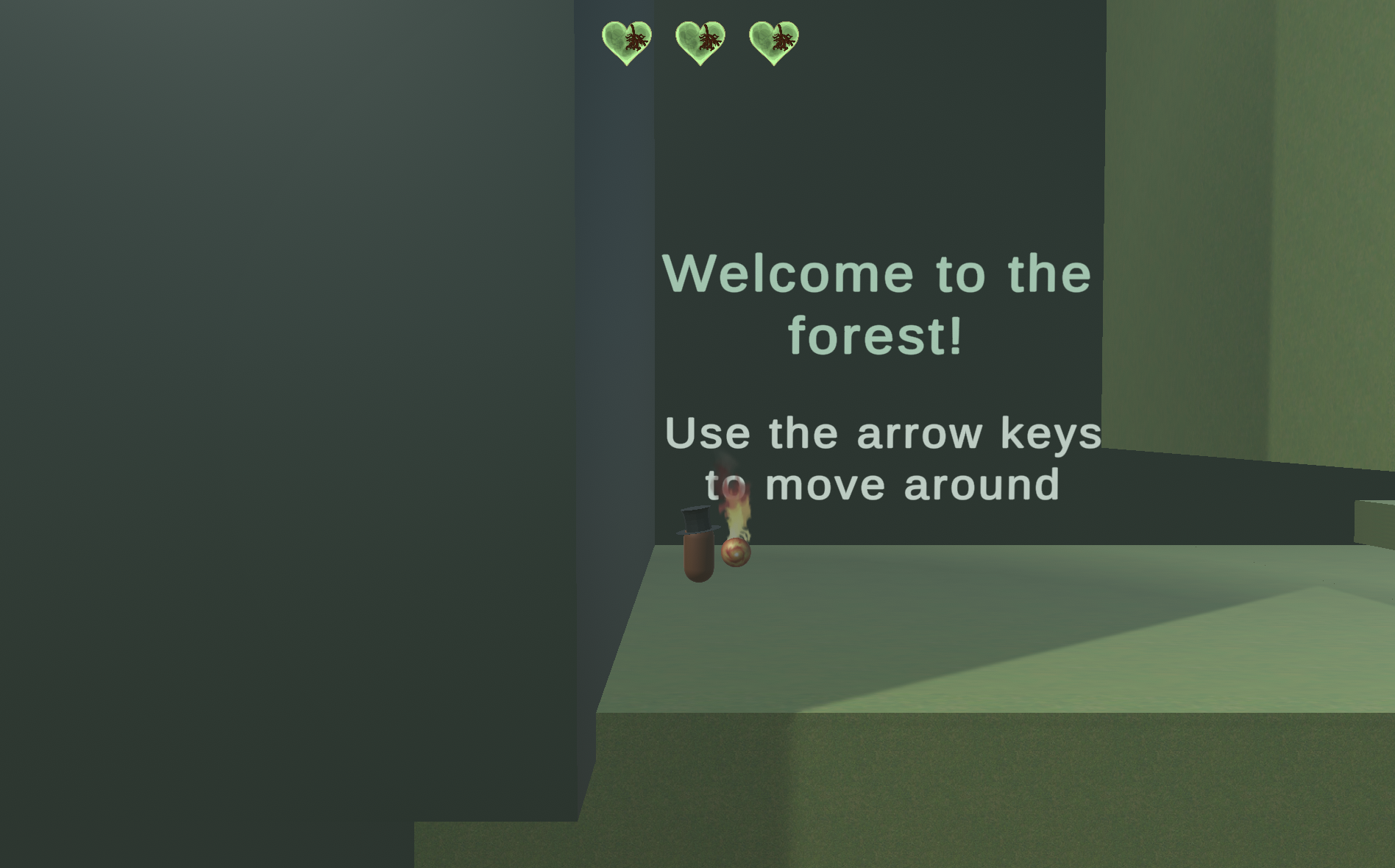About this class
This project-based class combines 3D art and technology to create your own unique games using the Unity platform. We’ll learn the Unity framework and develop a game that you and your friends can play by the end of the semester. Our goal is to empower students to become creators rather than just consumers. Beginners welcome!
What you’ll learn
You’ll discover the Unity Editor, the ultimate tool for game development. Dive deep into its features, explore different windows and panels, and learn to navigate effortlessly through the interface. You will be able to customize your workflow and gain the skills to efficiently use views like the Scene view, Game view, and Project view. With this knowledge, you’ll have the power to create and shape your game worlds with ease.
Discover how to import and manipulate stunning 3D assets within Unity. Learn the art of organizing objects using the hierarchy system, and bring your game elements to life through interactions and behaviors. With these skills, you’ll be able to construct captivating game worlds that truly engage your players.
Brace yourself for the incredible world of C# scripting. Unlock the secrets of this powerful programming language and witness how it breathes life into your games. Dive into coding and learn how to control game behavior, create mesmerizing character movements, handle collisions, and manage game events. With C# scripting at your fingertips, you’ll have the ability to add that extra touch of magic to your games.
All in the details.
In this game design class, students typically learn about the Unity Editor, a powerful tool used for creating and developing games. The Unity Editor provides a visual interface where designers and developers can build, test, and refine their games.
The class starts by introducing the fundamental features and functionalities of the Unity Editor. Students learn about the various windows and panels within the interface, such as the Scene view, Game view, Project view, and Inspector. They understand how to navigate and customize the interface to suit their workflow.
Next, the class delves into the process of creating game objects and assets within Unity. Students learn how to import 2D and 3D assets into the editor, manipulate them, and place them in the game world. They explore the concept of GameObjects, components, and the hierarchy system, which allows for the organization and interaction of game elements.
The students then learn about scripting within Unity using C#, one of the supported programming languages. They discover how to write code to control game behavior and interact with objects and scenes. This knowledge helps them implement game mechanics, create character movement, handle collisions, and manage game events.
Throughout the class, students engage in hands-on exercises and projects to apply their learning. They learn how to create levels, design user interfaces, implement sound and visual effects, and optimize game performance. They also explore the process of playtesting and iterating on their designs based on feedback.
By the end of the class, students gain a solid understanding of the Unity Editor and its capabilities. They acquire the skills necessary to design and develop their own games, ranging from simple prototypes to more complex projects. The class provides a strong foundation for further exploration of game design and development using Unity or other game engines.
Questions? We’re here to help.
Yes, for this class, you must have a computer or laptop that is able to run Unity. Click here for more info about system requirements. Mission Bit is happy to lend a free laptop to any student who needs one for class.
Our class is completely beginner-friendly. No previous experience is necessary! We’ll teach you everything you need to know. Come learn with us!
Mission Bit classes are completely free!
Unfortunately, no. Our fall and spring classes are for current high school students.



